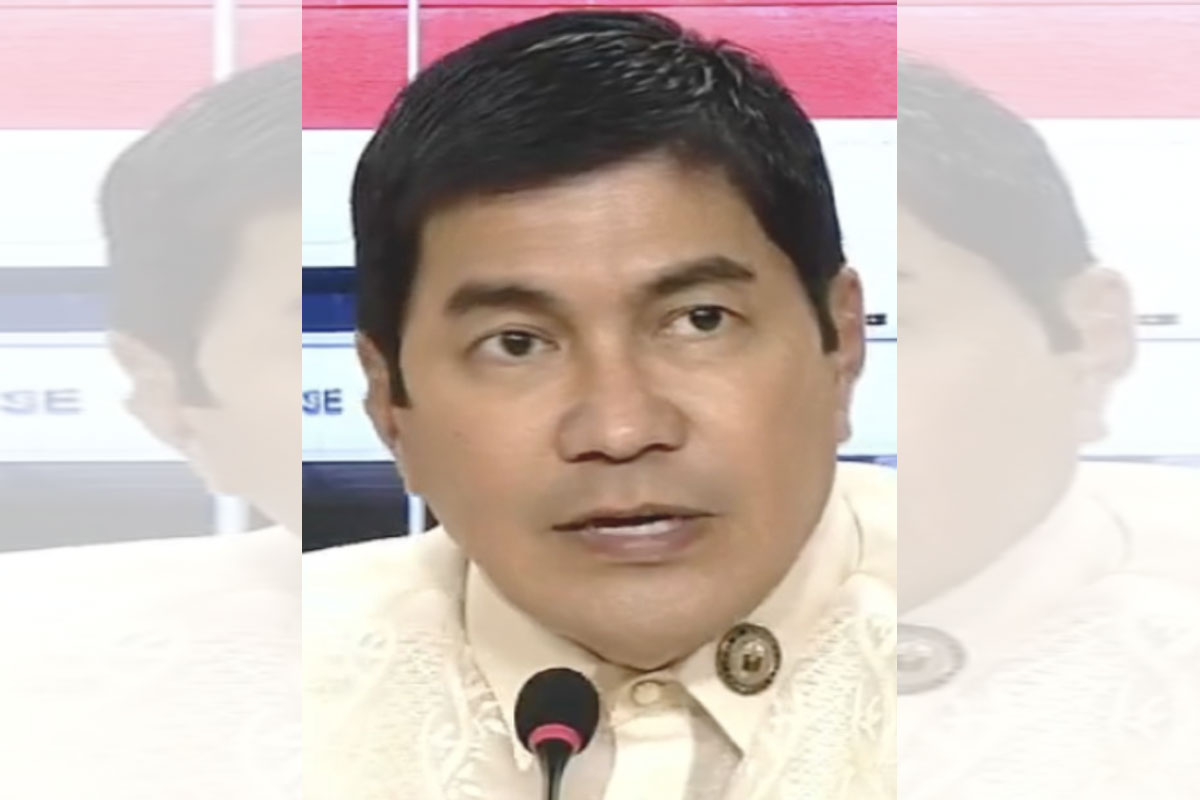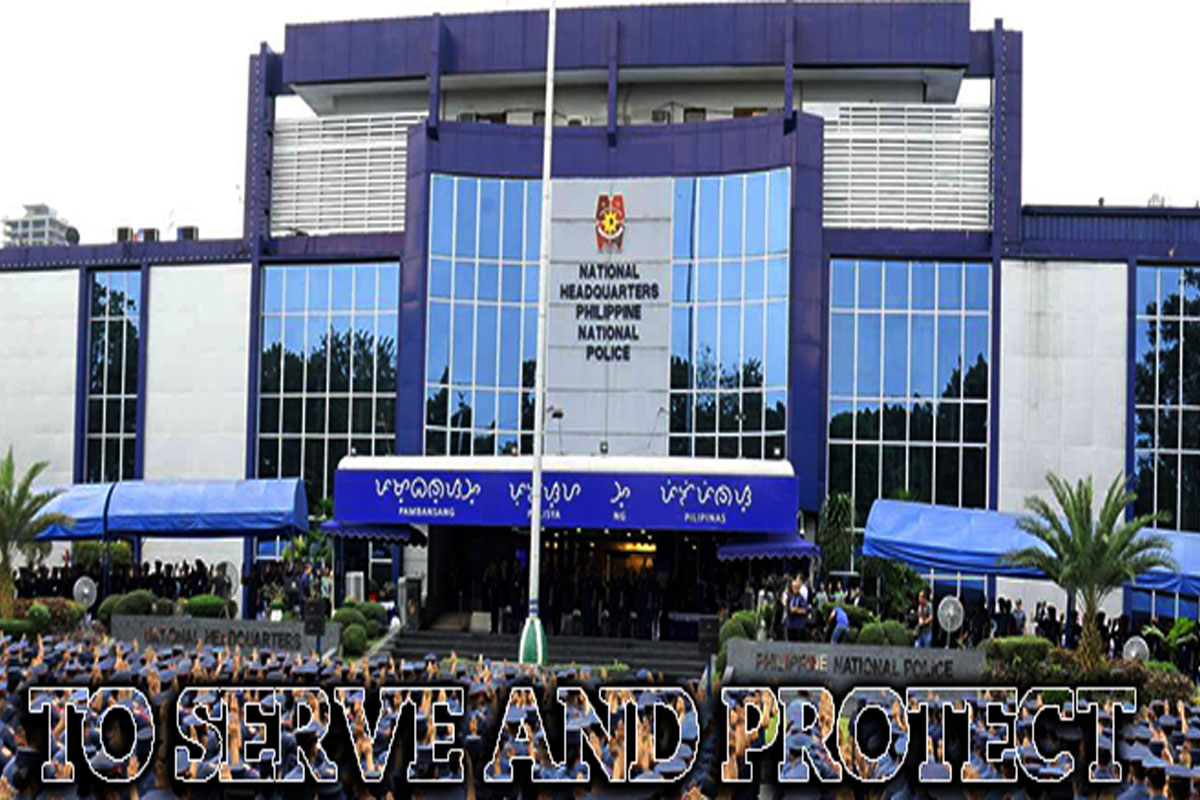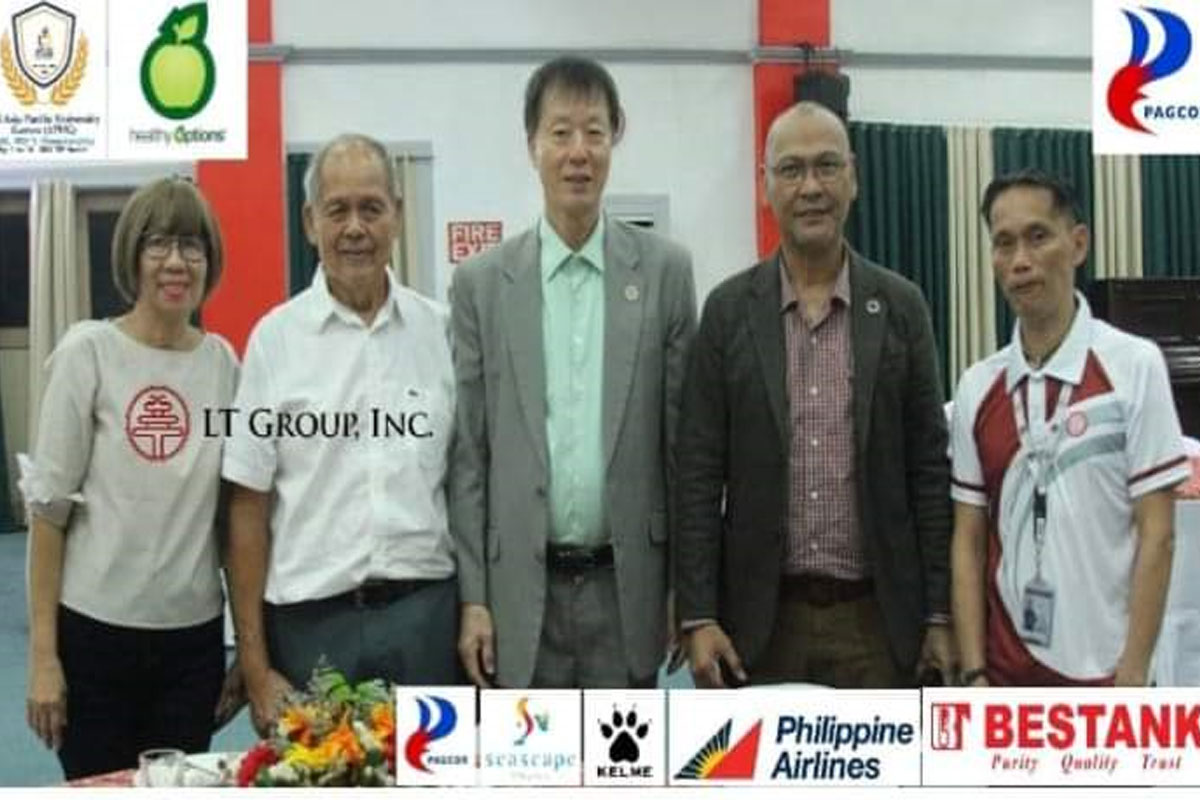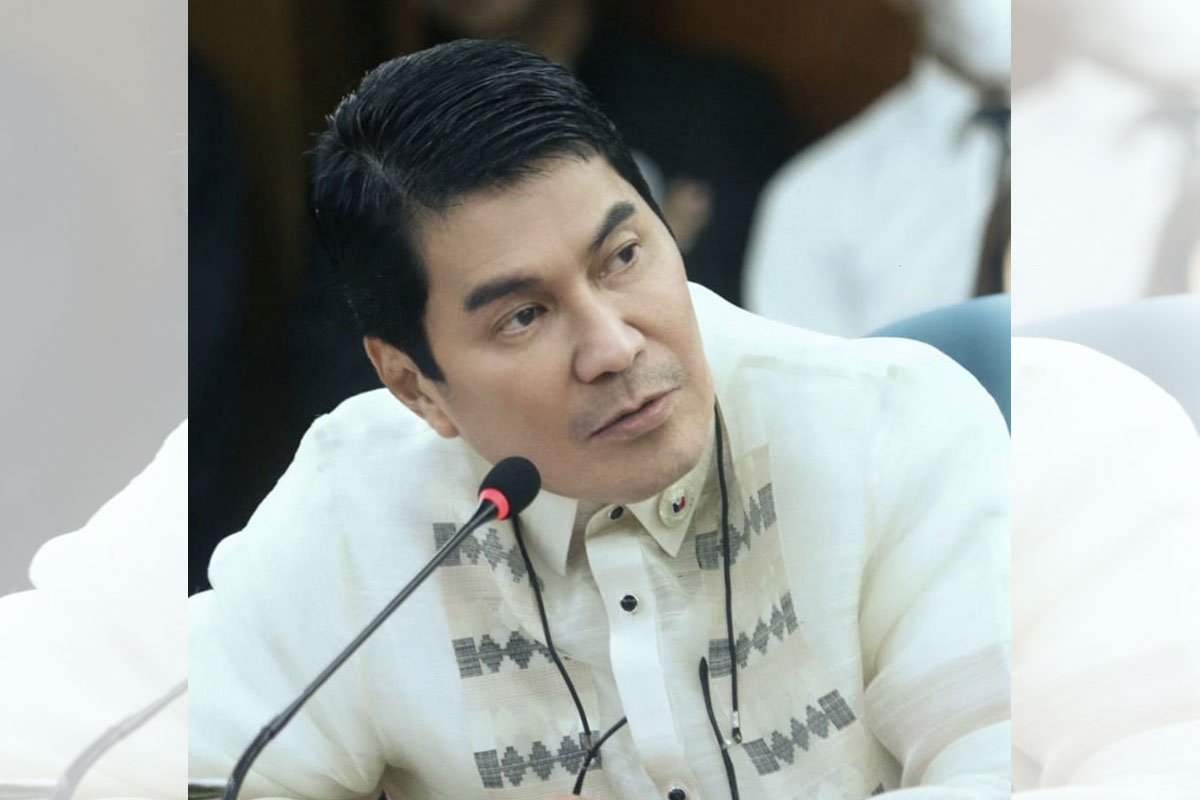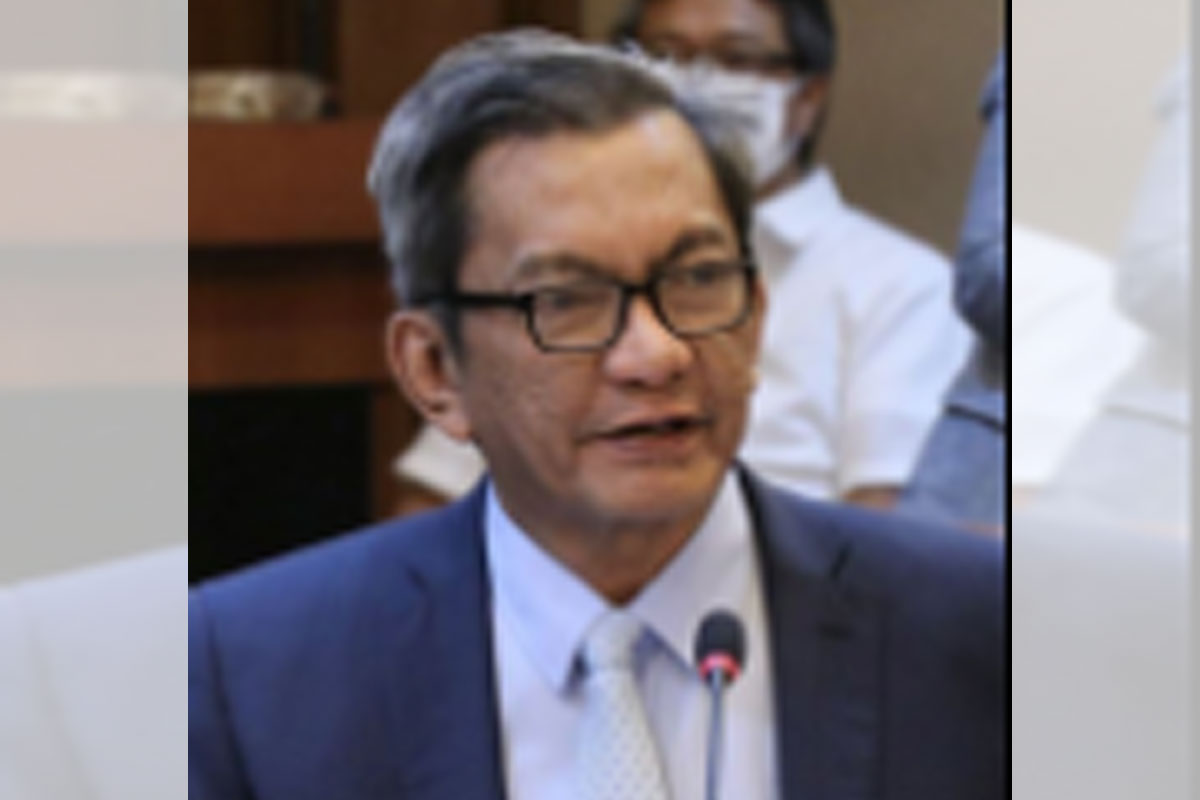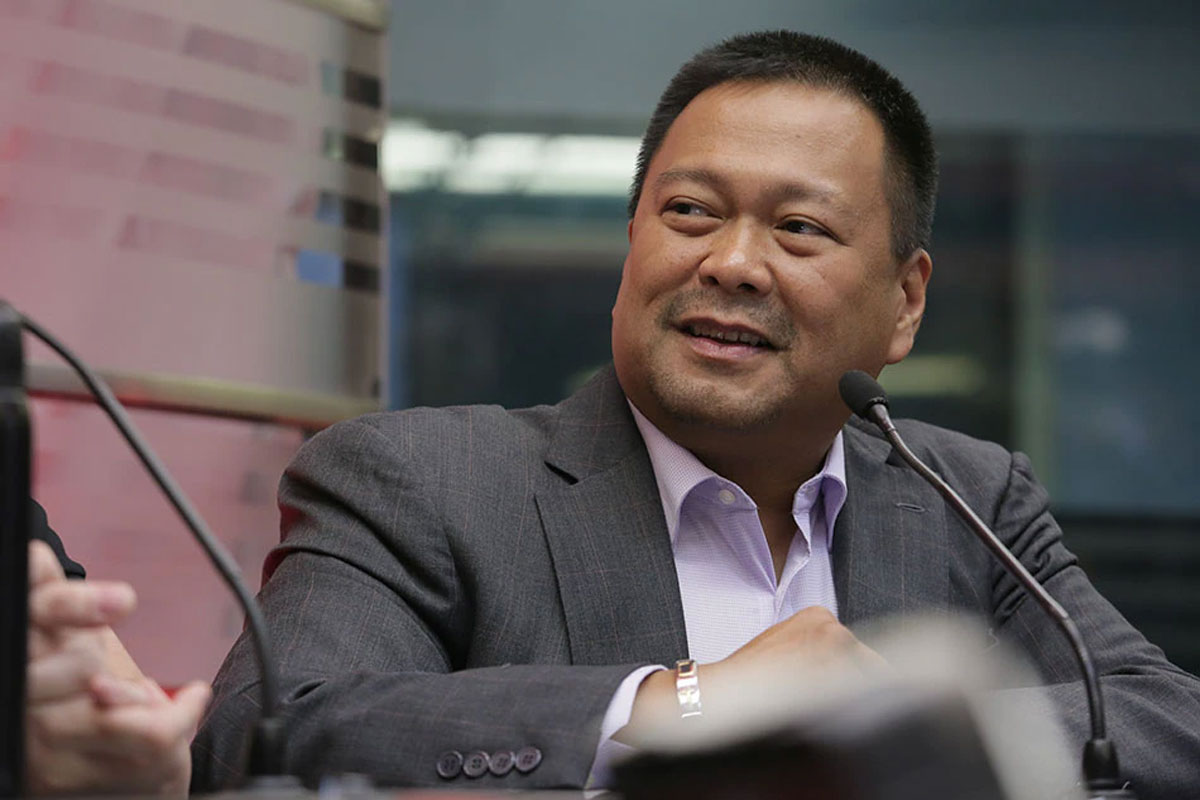
Marcos admin targets more homes for Pinoys
DEPARTMENT of Human Settlement and Urban Development (DHSUD) Secretary Jose Jerry Acuzar confirmed before the Senate Committee on Urban Planning, Housing and Resettlement that the administration of President Ferdinand “Bongbong” Marcos Jr. is now targetting to build a million housing units per year or a total of 6 million housing units in the next six years as he maintained that the chief executive is determined to give Filipinos their basic need for housing.
Chaired by Senator Joseph Victor “JV” Ejercito, the said committee on Wednesday held their organizational hearing that tackled the state of the country’s housing sector.
Ejercito said his committee would like to address the country’s housing backlog, which is estimated at around 6 million units.
The committee also seeks to address the issues of incoherent and disconnected plans and programs of housing agencies and to address the housing sector’s many problems.
Ejercito, who asked for the briefing from Acuzar, said the government must have concrete plans and programs to solve the housing problems many Filipinos are experiencing.
It was reported earlier that no less than the Chamber of Real Estate and Builder Associations Inc. (CREBA) urged President Marcos Jr. to address the massive housing “backlog” in the country through a legislative proposal for a comprehensive public housing program and a homebuyer financing assistance program.
Based on data from the statistics office, homelessness has escalated in the country even as the Constitution has adopted the mandate of undertaking an urban land reform and social housing program for the underprivileged.
The housing backlog is now affecting millions of poor families who are homeless or living in informal settlements in the Philippines, with a population of about 106 million.
About 3 million informal settlers are in Metro Manila, mostly in Quezon City and are mostly migrants from the provinces who come in search of better opportunities. While others have been forced out of their homes by industrial projects like the expansion of highways and industries.
The “holistic approach” to human settlement, according to Sen. Ejercito, must also be one of the primary considerations.
Sen. Nancy Binay, for her part, asked about the aspect of the urban development plan of the DHSUD, which will answer key points on how the government can address the housing problem of many Filipinos.
She also cited the risk of these poor informal settlers who are forced to occupy spaces that pose risks to their health and safety.
In response, Assistant Sec. Avelino Tolentino of the DHSUD said the agency is currently reviewing its 40-year roadmap for urban development and is planning to revise its target date of Zero-ISF (Informal Settlers Families) to the year 2028.
Sen. Cynthia Villar said the DHSUD should be concrete in its plan for the homeless, saying it must be “affordable” and realistic as most of them can only afford cheap houses.
She also warned of “palakasan” system, especially if the housing unit is given for free, and the so-called discrimination in the distribution of low-cost housing.
It was also revealed that one major problem of most Filipinos looking for a home is the lack of affordable and effective homebuyer finance mechanisms.
Under Executive Order no. 272, the Social Housing Development Finance Corporation can enter into loans or issue bonds and other debentures to raise funds for housing construction and pursue development financing approaches such as implementing shelter-related subsidies.
Sen. Mark Villar asked the DHSUD and the National Housing Authority (NHA) how they could improve their coordination with the Department of Public Works and Highways (DPWH) concerning relocation efforts of ISF to give way to infrastructure projects.
The younger Villar, who was once the chief of DPWH, revealed that the project suffered bottlenecks in progress as funds downloaded to NHA needed to be liquidated before new relocation projects can be funded.
The NHA, the Pag-IBIG Fund, and the secondary mortgage market system were created, and landmark legislations such as Social Housing Law and Subdivision Buyers Protective Decree were promulgated during the time of former President Ferdinand E. Marcos Sr.


